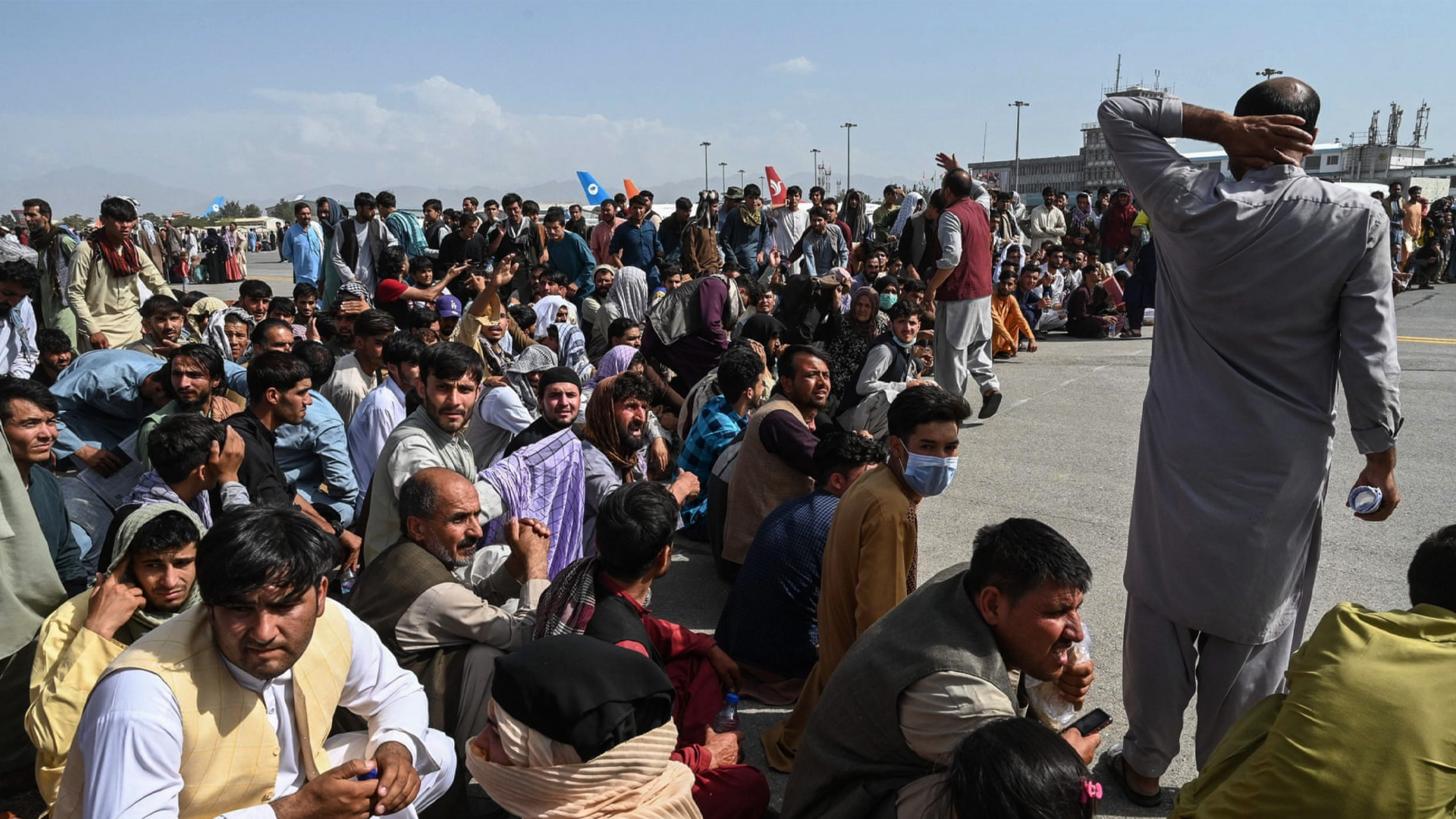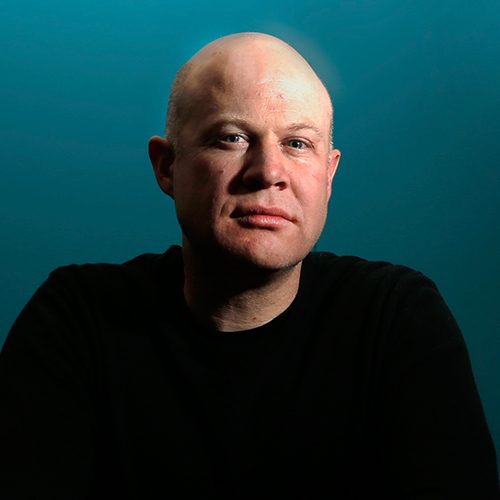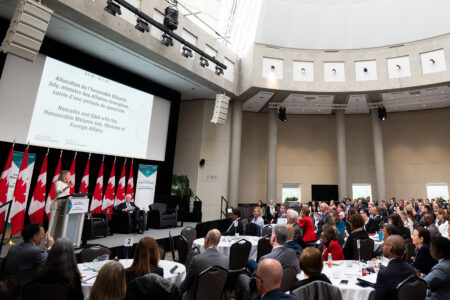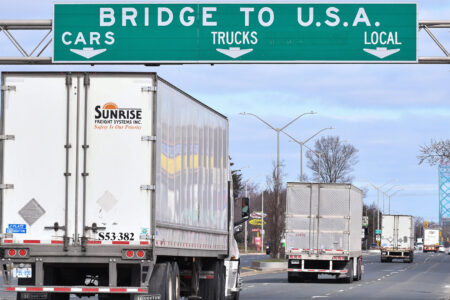
The collapse of the government of Afghanistan and the rapid takeover of the country by the Taliban in the immediate aftermath of the pullout of U.S. forces has stunned the international community. Among the stunned we can count the Americans themselves, who had assumed it could take two to three years, and not a matter of weeks, for the Taliban to consolidate power. Even as members of the international community have scrambled to evacuate their people from the country and to protect the loyal Afghans who had worked with them, there have been growing demands for accountability from those who had been waging war and supposedly building toward peace for the past 20 years. The Taliban takeover has also led to a renewed cycle of soul-searching by many of the soldiers who fought in Afghanistan about whether their sacrifice was worth it.
The Canadian government, and the leadership of the Canadian military in particular, has largely escaped this scrutiny. In many ways, this shouldn’t be surprising, since neither Parliament nor the public was especially interested in what was going on in Afghanistan even while Canadians were fighting and dying in Kandahar. What little interest there was in our activities in Afghanistan evaporated entirely when we lowered our flag for the last time in Kabul in March 2014.
This does not change the fact that from the perspective of the Canadian governments that got us into Afghanistan and kept us there, as well as that of the Canadian military, our mission to Afghanistan was a success. The collapse of the Afghan government and the return of Taliban rule does nothing to change that judgment. To understand why this is the case, it is important to understand why we went to Afghanistan in the first place, why we stayed and what we were trying to accomplish.
Afghanistan was the main event in Canada’s response to the attacks of Sept. 11, 2001. We spent the better part of 13 years involved in a succession of missions devoted to fighting terrorists, stabilizing the government, rebuilding the Afghan state and training Afghan soldiers.
The core of it was the Canadian Armed Forces deployment to Kandahar from 2006 to 2011, an ambitious “whole of government” exercise that also became our most significant combat mission since the Korean War. By the time we left, 158 soldiers had been killed, along with one diplomat and a journalist, with 2,500 injured and a total cost of approximately $18 billion. This is a significant commitment to a country in which Canada has no independent foreign policy interests.
What were we doing there? Canadian governments gave different answers to that question over the years, depending on who was in power and to which audience they were speaking. But in general, researchers Jean-Christophe Boucher and Kim Richard Nossal sum up three main arguments for why we were in Afghanistan. The first involved protecting Canada’s interests (for example, security) and projecting our ideals (such as human rights and democracy). The second stressed our obligations to the international community, especially our allies in the United States and NATO. The third justification for the mission was that we were there to help Afghans build a better state and live better lives.
But these were largely political rationales for the mission, offered to politicians or to the general public to justify a mission that had been entered into and repeatedly extended for other reasons. For the Canadian government and the military, there was an affinity of interest that made Afghanistan an attractive project for reasons that had little to do with our needs or ideals or of those of the Afghans themselves.
For the military, the 1990s were what came to be known as the “decade of darkness,” which began with the beating death of a Somali teenager at the hands of members of the Canadian forces who were in Somalia on a humanitarian mission. The affair led to the disbanding of the airborne regiment, damaged the reputation of Canadian soldiers both in Canada and abroad and cratered morale.
When the newly elected Liberal government under Jean Chrétien was looking to cut costs, the military was an easy target. It saw its budget slashed by more than a quarter, and the military spent the decade politically friendless.
By this measure, the attacks of 9/11 could not have come at a better time for the military. Beginning with our early insertion of Special Operations Forces in Afghanistan in the fall of 2001, followed by our leadership of the stability and peacekeeping mission in Kabul in 2003, the armed forces gave notice to our allies that they were still a reliable ally. But it was our time in Kandahar between 2006 and 2011 that proved that Canadians were able to fight, and willing to die. It was there that the Canadian military got its self-respect back. Perhaps more importantly for the brass, it was there that they earned the respect of the Americans.
Afghanistan served a similarly useful purpose for the Canadian government, again, most notably vis-a-vis the Americans. Chrétien had not exactly hit it off with the newly elected George W. Bush, and things didn’t get much better after September 11. First, there were Chrétien’s tone-deaf attempts at quasi-blaming the Americans for the attacks, which was followed by a great deal of temporizing in Ottawa over Bush’s invitation for Canada to participate in his ballistic missile defence (BMD) initiative. Finally, there was Chrétien’s refusal to join, or even politically support, Bush’s 2003 invasion of Iraq.
What saved the Canada-U.S. political relationship in this period was Canada’s involvement in Afghanistan. Whatever else you could say about Canada, you could not say that we weren’t pulling more than our weight there. Apart from what we were accomplishing on the ground, our willingness to take the lead in Kandahar freed up American resources for other theatres, especially Iraq, something which did not go unnoticed or unappreciated in Washington.
For Canada, then, the Afghanistan mission was an investment. It was not really an investment in our security, nor was it an investment in Afghanistan itself or in the Afghan people. Instead, it was an investment in Canada’s interests, namely in international institutions such as NATO, but more importantly, in our most significant ally and partner, the United States.
Treating Canada’s mission to Afghanistan as fundamentally about buffing our standing with key military allies and tending to our vital political relationships is not the usual way to evaluate the merits of warfare, especially when it leads to the deaths of substantial numbers of soldiers. As Steve Saideman has argued, your judgment of whether it was worth it depends a great deal on whether you accept that Canada’s strategic geography, and our more general position in the world, makes these relationships necessary and perhaps inevitable.
Either way, by the standards that Canada’s military leaders and politicians set for themselves, Canada’s 13-year military adventure in Afghanistan was a success. That remains the case regardless of what happens in that country in the weeks and months and years to come. While that may not sit well with those Canadians who thought we were there for more principled reasons, it is the best way of explaining the almost complete absence of interest here in what has been going on in Afghanistan since we left more than seven years ago.









